What is driving the collapse of high street shops?
An average of 16 shops closed each day in the first half of 2019
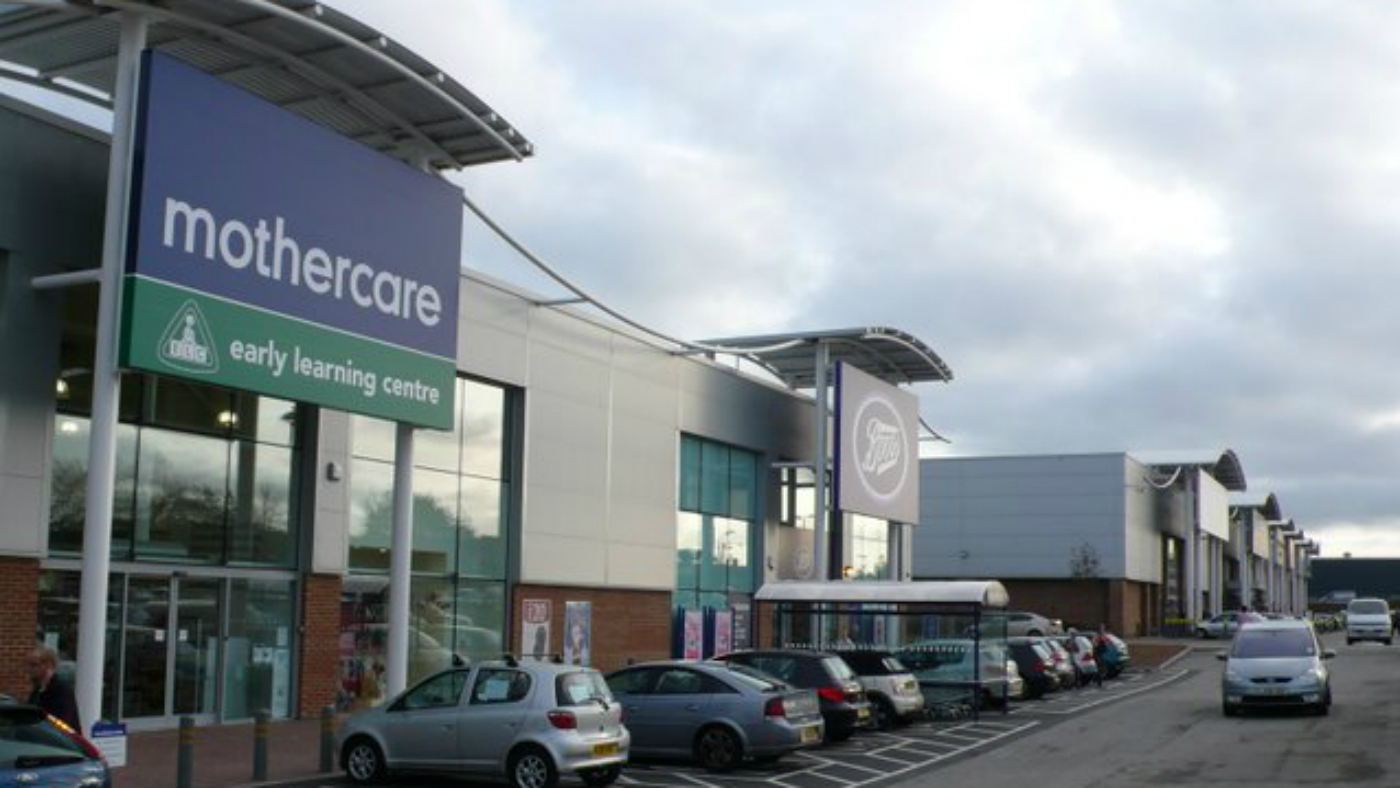
A free daily email with the biggest news stories of the day – and the best features from TheWeek.com
You are now subscribed
Your newsletter sign-up was successful
Mothercare is the latest name to disappear from the British high street as administrators plan to close all of the chain’s 79 UK stores.
The baby goods company announced on Monday that it was “not capable” of being profitable in the UK, even though international franchises are in the black, says the BBC.
Today, administrators PwC announced the store closures, which will be implemented in phases across Britain.
The Week
Escape your echo chamber. Get the facts behind the news, plus analysis from multiple perspectives.

Sign up for The Week's Free Newsletters
From our morning news briefing to a weekly Good News Newsletter, get the best of The Week delivered directly to your inbox.
From our morning news briefing to a weekly Good News Newsletter, get the best of The Week delivered directly to your inbox.
“This is a sad moment for a well-known high street name,” said joint administrator Zelf Hussain, adding that Mothercare “has been hit hard by increasing cost pressures and changes in consumer spending”.
Mothercare is one of many retail brands to have struggled in recent years, and the decline doesn’t appear to be slowing.
What is the extent of the problem?
Nearly 12% of shopping locations – including high street stores, shopping centres and retail parks – were empty in the first half of 2019.
A free daily email with the biggest news stories of the day – and the best features from TheWeek.com
The high street has been left with the highest number of empty outlets in five years after 25,700 shops closed their doors in the past year, according to Local Data Company’s review of 3,000 retail centres.
Toys R Us, Poundworld, Maplin and Mothercare are some of the bigger companies to go bust, while retailers New Look and Carpetright are undergoing restructures, reports The Guardian.
In 2018, nearly 85,000 retail jobs were lost in the UK as more retailers went bust, says the Daily Mirror.
What’s causing the problem?
The most commonly cited cause of the high street’s demise is the rise of internet shopping, which is seen as having had a dramatic impact on the way people shop.
But just 18.1% of retail purchases in the UK are made online, according to recent figures from the Office for National Statistics (ONS), indicating that it isn’t the internet alone that is responsible for the high-street hit.
Researchers at A&M and Retail Economics say that over the past five years, companies have had to spend 10.8% more cash on costs including wages, rents and business rates.
There has also been a shift away from spending money on products, and towards consumers spending more of their disposable income on experiences and lifestyle, says the BBC.
High rents are contributing to the retail problem, with struggling retailers blaming landlords and landlords blaming councils, says The Guardian.
What’s the future of the high street?
Retailers and unions have called for urgent government action to help the high street, but there seems to be little taking place to stop the decline.
Councils, who have been hit with ten years of austerity and cuts, don’t have the budgets they need to spruce up their high streets and try to combat decreasing footfall.
There is some good news for some retailers, however. Independent shops are doing better than their chain rivals when it comes to high street longevity.
Only a net total of 138 independent stores closed their doors in the first six months of 2019, with high numbers of barbers and beauty salons opening to boost the overall picture.
-
 The EU’s war on fast fashion
The EU’s war on fast fashionIn the Spotlight Bloc launches investigation into Shein over sale of weapons and ‘childlike’ sex dolls, alongside efforts to tax e-commerce giants and combat textile waste
-
 Labubu: the 'creepy' dolls sparking brawls in the shops
Labubu: the 'creepy' dolls sparking brawls in the shopsIn the Spotlight Craze for the pint-sized soft toys has reached fever pitch among devotees
-
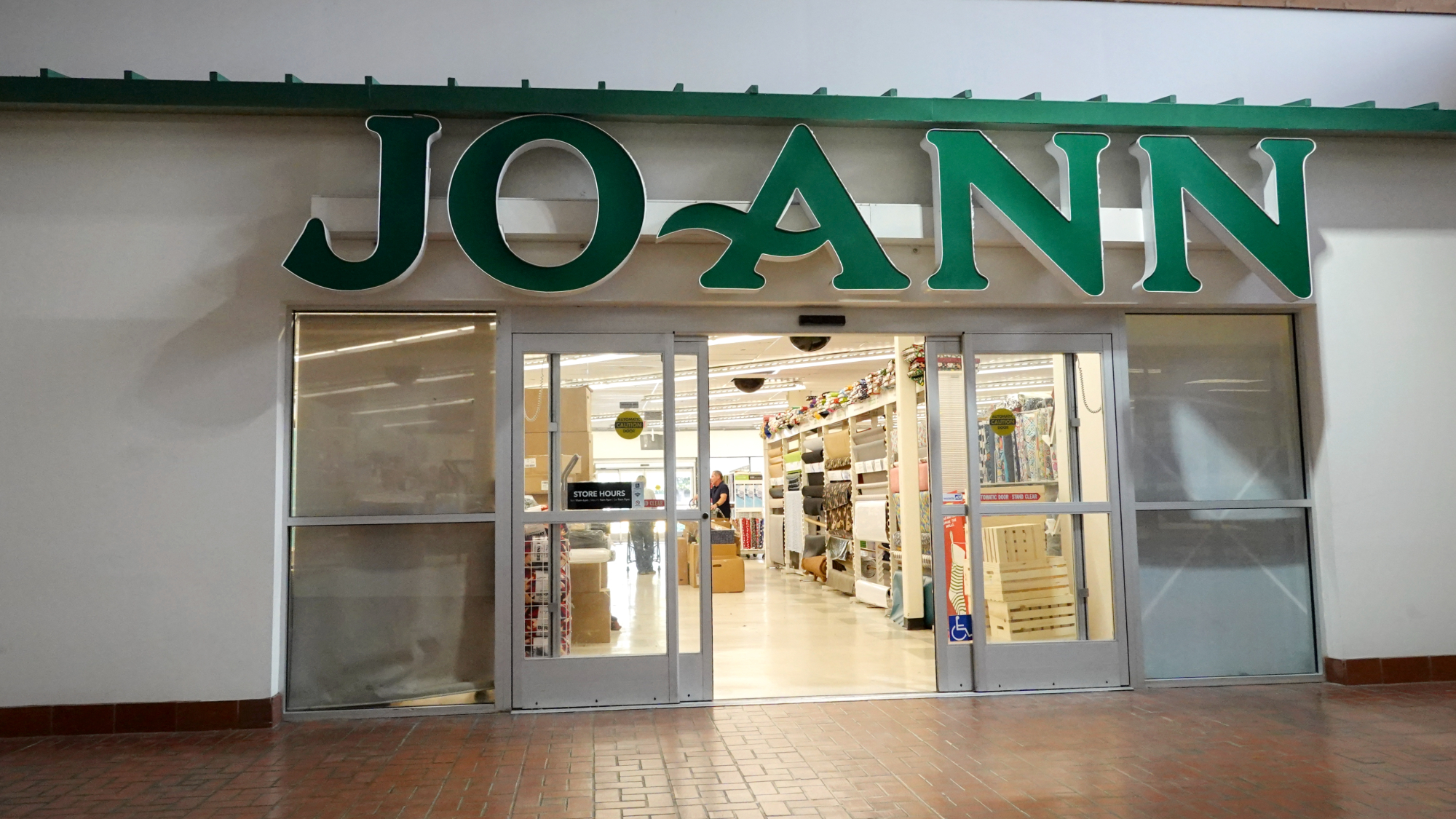 Crafting emporium Joann is going out of business
Crafting emporium Joann is going out of businessSpeed Read The 82-year-old fabric and crafts store will be closing all 800 of its stores
-
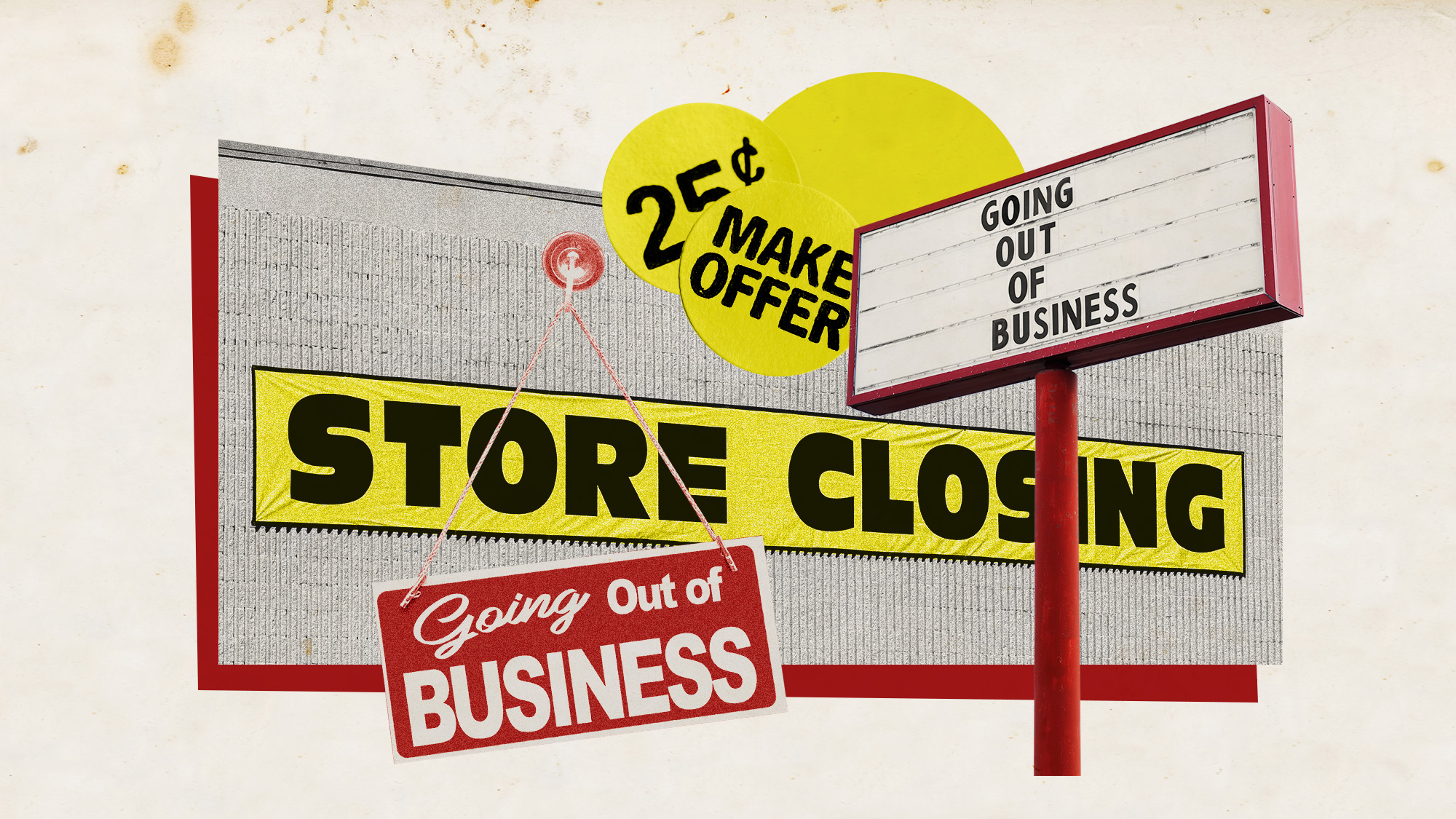 Store closings could accelerate throughout 2025
Store closings could accelerate throughout 2025Under the Radar Major brands like Macy's and Walgreens are continuing to shutter stores
-
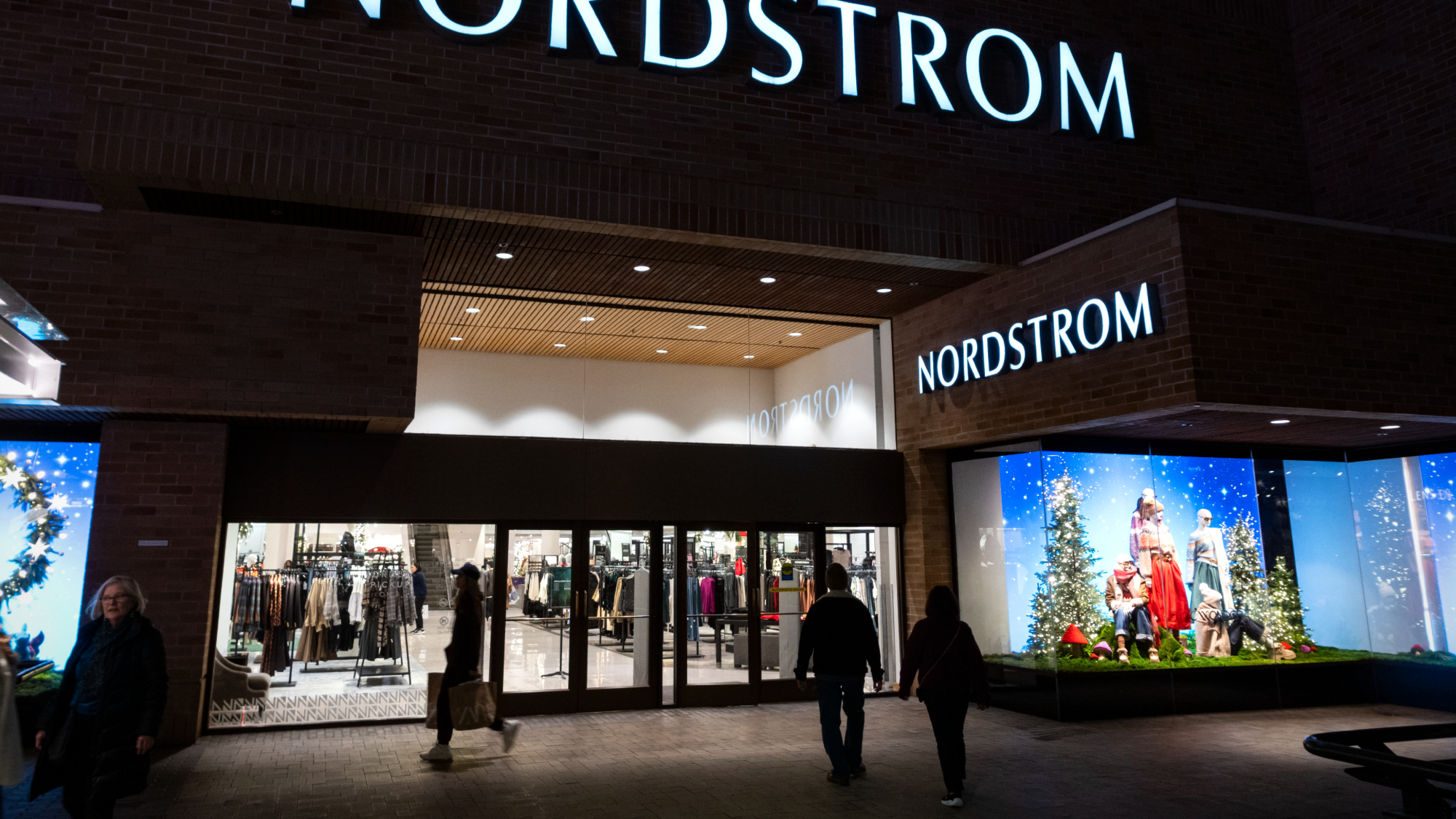 Nordstrom family, investor to take retail chain private
Nordstrom family, investor to take retail chain privateSpeed Read The business will be acquired by members of the family and El Puerto de Liverpool, a Mexican real estate company
-
 Giant TVs are becoming the next big retail commodity
Giant TVs are becoming the next big retail commodityUnder the Radar Some manufacturers are introducing TVs over 8 feet long
-
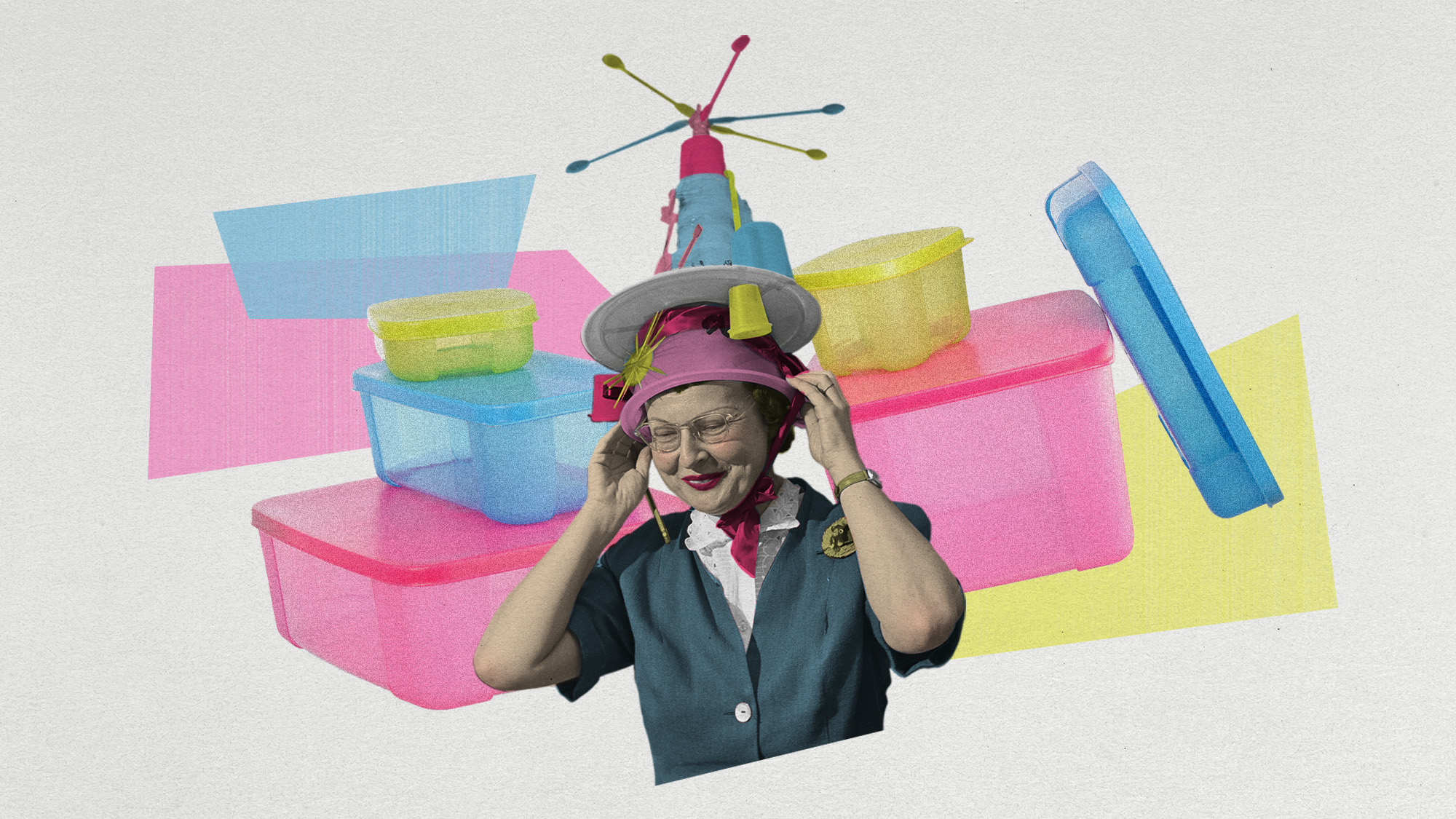 The rise and fall of Tupperware
The rise and fall of TupperwareUnder The Radar The byword for food storage has filed for bankruptcy – was it a victim of its own success?
-
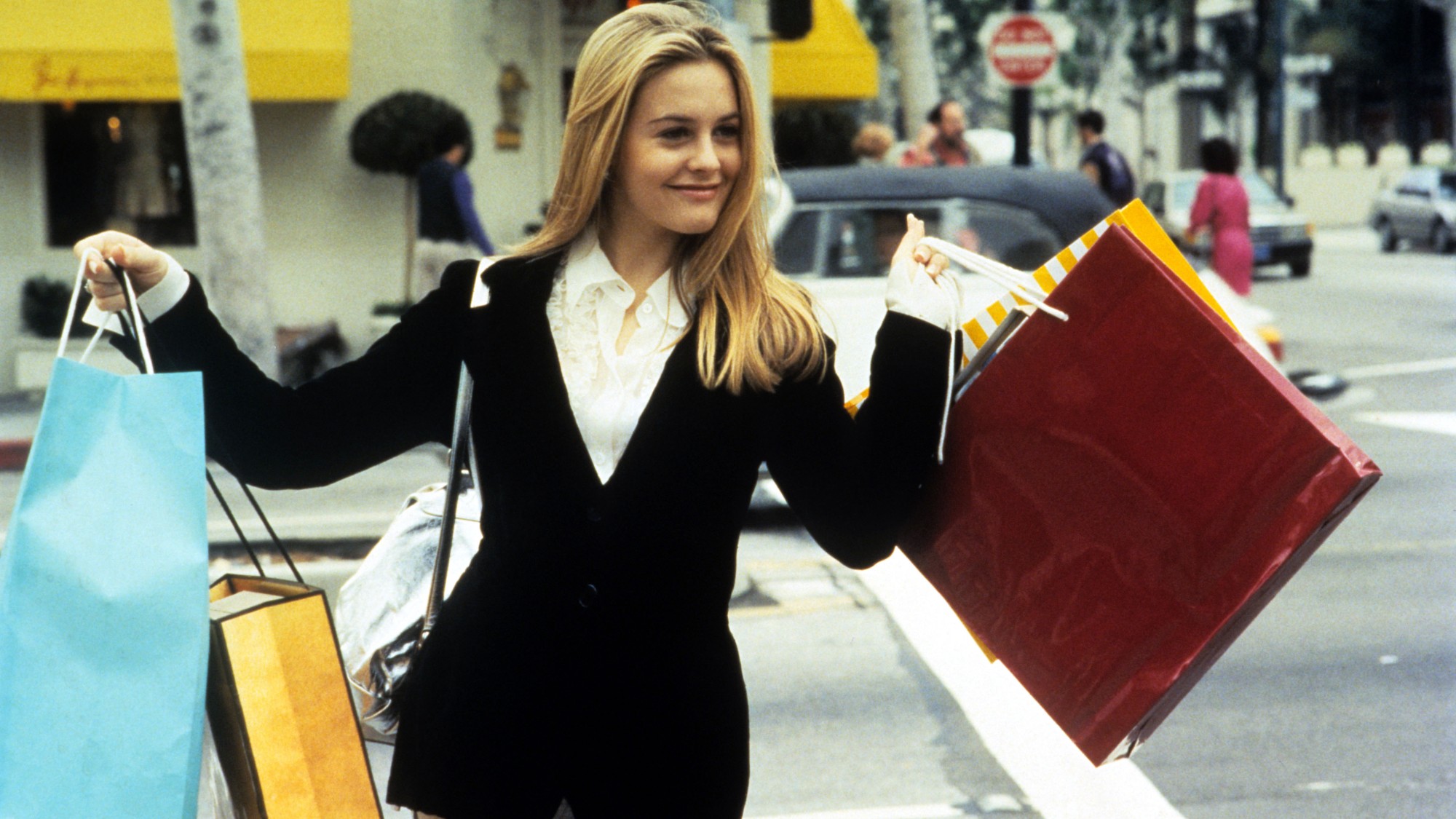 Britain's new retail returns nightmare
Britain's new retail returns nightmareIn the Spotlight Gen Z influencers and a 'poopy diaper' have shown up fault-lines in the system


